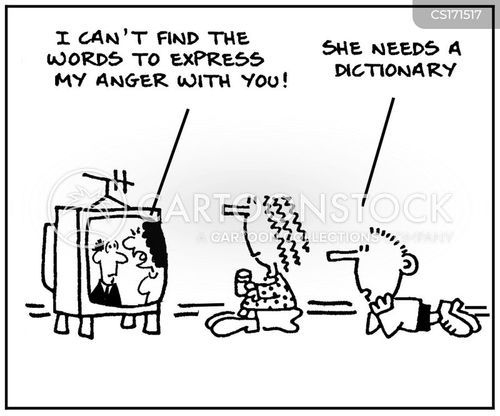Read more in English:
Reading and
writing are closely linked. Reading helps you see how English works and how
grammar works.
Find something
you like to read, and then keep on reading, try to read as many different
genres (e.g. newspaper, articles, blogs, short-stories).
Write more in English:
Writing is a great way of using new vocabulary and getting your head
around grammar. Try writing a daily journal
in English.
Also any extra
practice that you can get is going to help you.
It’s also a
good way of comparing your progress as you improve your knowledge of the
English language. If you have access to English speaking friends or a teacher,
you could ask them to look over your writing and give you some pointers.
Watch
Television and films in English:
You can learn English while watching them, putting the English subtitles
on so that you can read along and listen at the same time.
Also, watch T.V shows and films help you learn helpful new word and
phrases while you enjoy watching movies.
Listen to British and American music:
In addition to watching films and TV,
listening to music is another great and fun way of improving your grasp of a language. There’s an almost
endless amountof music out there to choose from, with most tracks having
lyrics easily available online.
You could listen to a song a day and read the lyrics
along to it. If you come across any language that you don’t understand then research it. If you’re
at a low level then perhaps go for some slower folk, country or acoustic music,
which often has lyrics that are slower and easier to understand.
Once you’re feeling more confident you could
go for some rap music,which is generally a lot quicker and harder to
understand.
Learn vocabulary :
Lear the words that you hear or read again and
again.
Write the words in a notebook with the definitions.
Say the words many times, if you can hear how the
word is pronounced, is better.
Make associations with pictures or with other
works.
In all of the above ways,
you are doing something with the words. It’s usuallynot enough to just read
through a list of words with their definitions or translations and try to
remember them. Most students find that they memorise words better if they
do something with them. Even better is to try and learn the word in a typical
combination with other words.


Speak, Speak
and Speak:
Practising speaking is one of the most fun and
rewarding parts of learning English. Once you can speak even little English,
there are loads of ways to improve your skills quickly while having tons of
fun.
Be confident and speak as often as possible to as
many people as you possibly can.
Don’t be shy to make mistakes. More you practice
the better and more confident you will become in your pronunciation and vocabulary.
Use Technology:
Change the
language on your social media or smartphone.
A smartphone
can be a powerful tool for learning languages. Use it to record yourself
speaking then listen back to see how your English sounds to other people.
Do a group in Facebook
or other social media and try to communicate only in English, this way you and
your friends are working in vocabulary and correct the mistakes.
Use a Dictonary:
Online
dictionaries often have audio examples so you can check your pronunciation and there are lots of great dictionary apps that you can take everywhere
with you on your Smartphone.
If you can use
an English-English dictionary it allows stop translating and thinkin more in
English.
Do interesting activities
in English:
Using English
to talk about things you enjoy will make practicing a positive experience.
Maybe, you can
take a cooking course in English, join a book club, play soccer and drink tea
with friends, make sure you do it and communicate it in English.
Have a debate:
In class or in
your friends group you can debate all the interest’s topic in English.
Try to use as
much vocabulary as you can to get your point across and listen to the other
arguments carefully so you can argue against them effectively.



